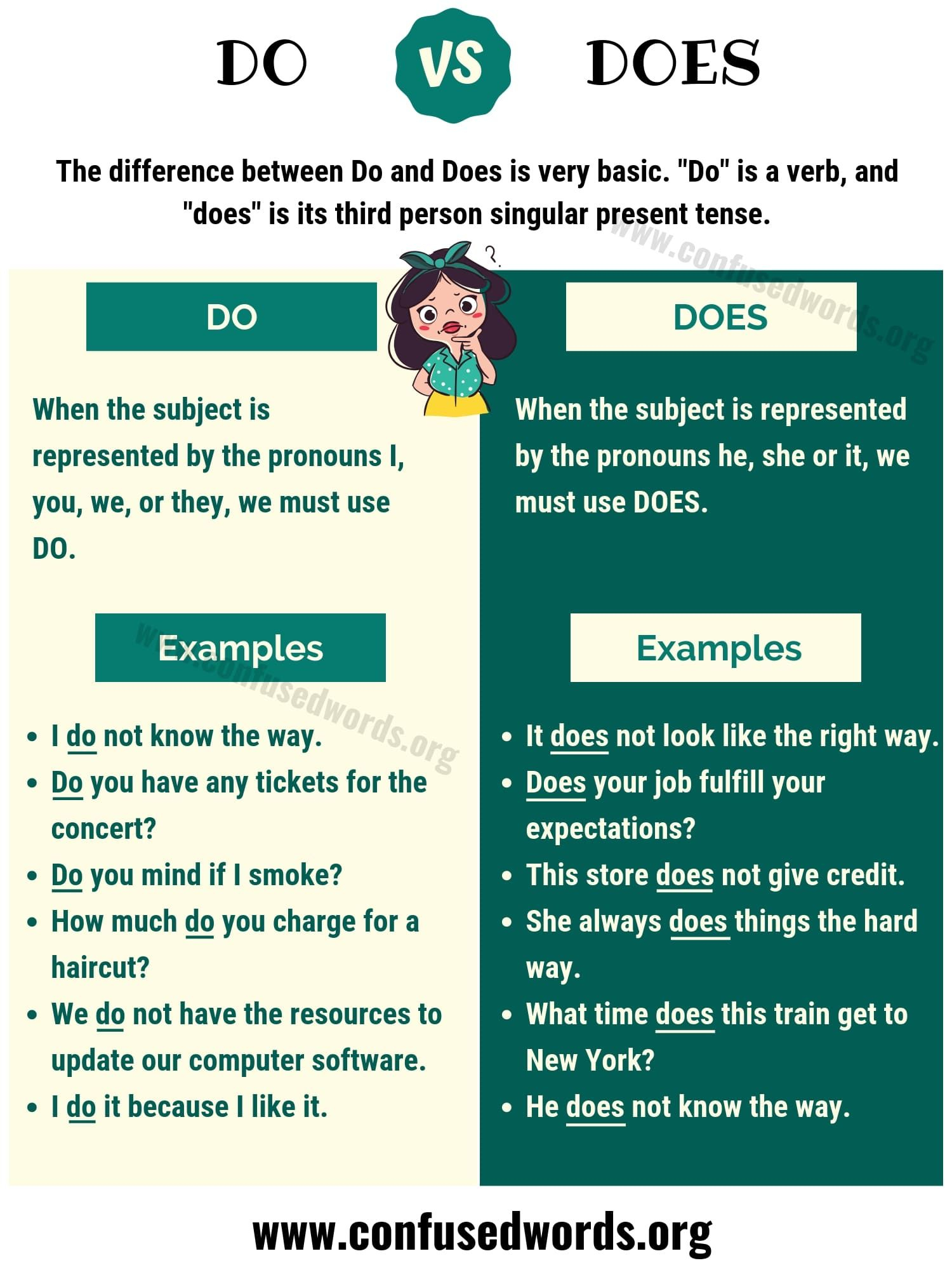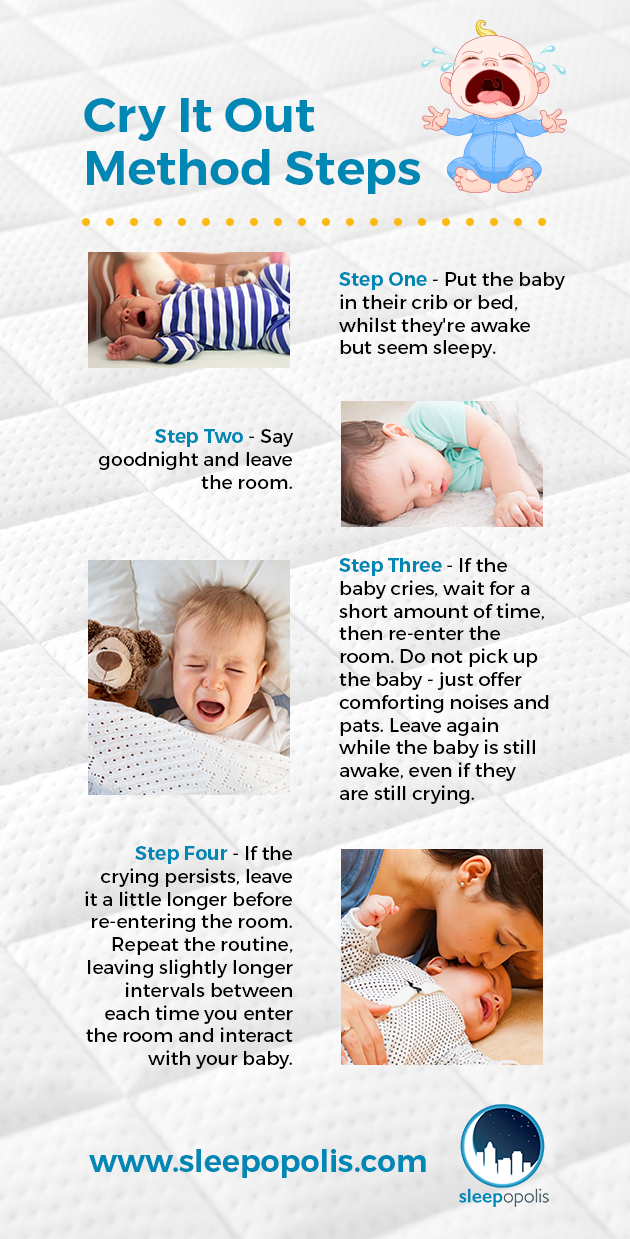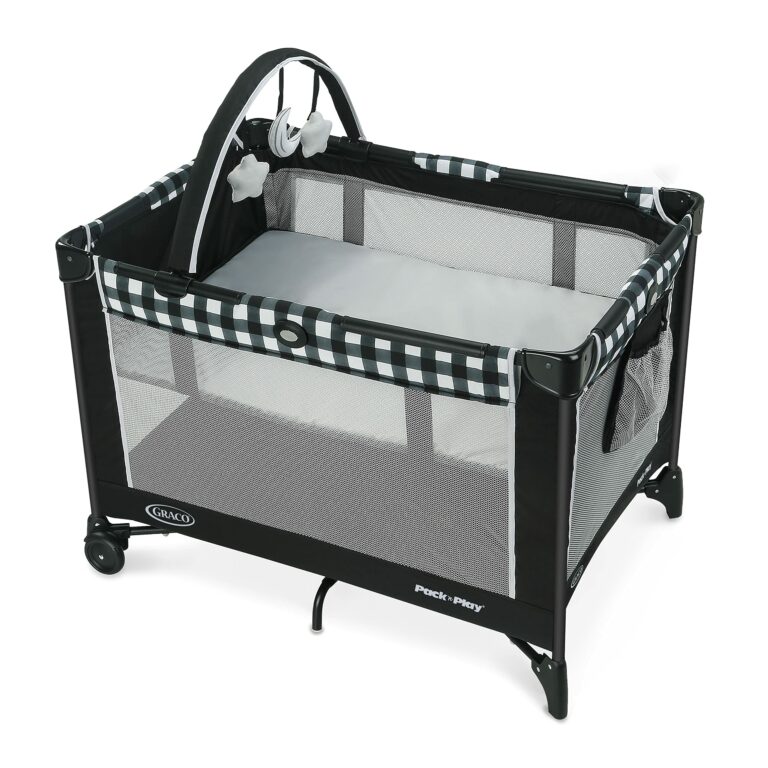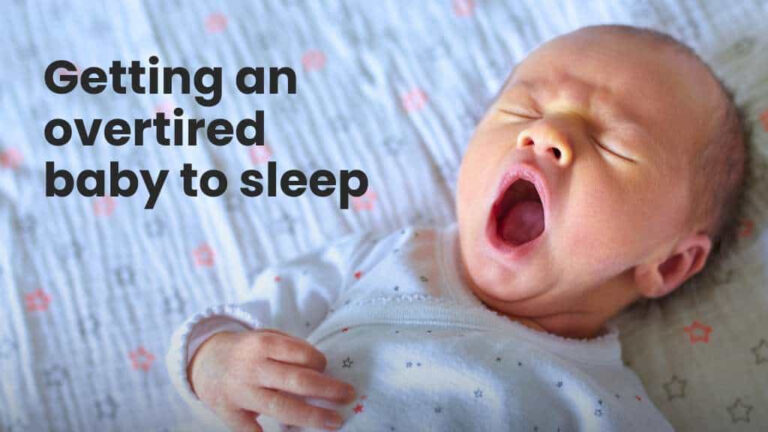How Does A Baby Get Meningitis
Meningitis is a serious condition that can affect individuals of all ages, including babies. Understanding how a baby can contract meningitis is crucial for parents and caregivers in order to prevent and identify the symptoms early on. In this article, we will delve into the various ways in which a baby can get meningitis, the symptoms to watch out for, and the importance of seeking medical attention promptly.
Knowledge
There are several ways in which a baby can get meningitis. The most common cause of bacterial meningitis in infants is through the transmission of bacteria from the mother during childbirth. This can occur if the mother carries the bacteria in her vaginal or rectal area, which can then be passed on to the baby during delivery. Additionally, babies can also contract meningitis through close contact with individuals who are infected with the bacteria, such as through respiratory droplets or saliva.
Viral meningitis, on the other hand, is typically caused by viruses that are spread through respiratory secretions, such as coughing or sneezing. Babies can also develop viral meningitis through contact with contaminated surfaces or objects. In some cases, viral meningitis can be a result of an underlying viral infection, such as the flu or chickenpox.
Another less common but serious cause of meningitis in babies is fungal meningitis. This type of meningitis is caused by fungal spores that can be found in the environment, such as in soil or bird droppings. Babies can inhale these spores or come into contact with them through a cut or wound, leading to the development of fungal meningitis.
It is important for parents and caregivers to be aware of the symptoms of meningitis in babies, which can include fever, irritability, poor feeding, and a high-pitched cry. In some cases, babies may also experience seizures, vomiting, and a bulging fontanelle (soft spot on the head). If any of these symptoms are present, it is crucial to seek medical attention immediately.
Conclusion
In conclusion, understanding how a baby can get meningitis is essential for parents and caregivers to protect their little ones from this serious condition. By being aware of the various ways in which meningitis can be transmitted and the symptoms to watch out for, parents can take proactive measures to prevent infection and seek timely medical care if needed.
Overall, this article is valuable for new parents, caregivers, and anyone looking to learn more about how meningitis can affect babies. By staying informed and vigilant, we can work together to ensure the health and well-being of our little ones.






